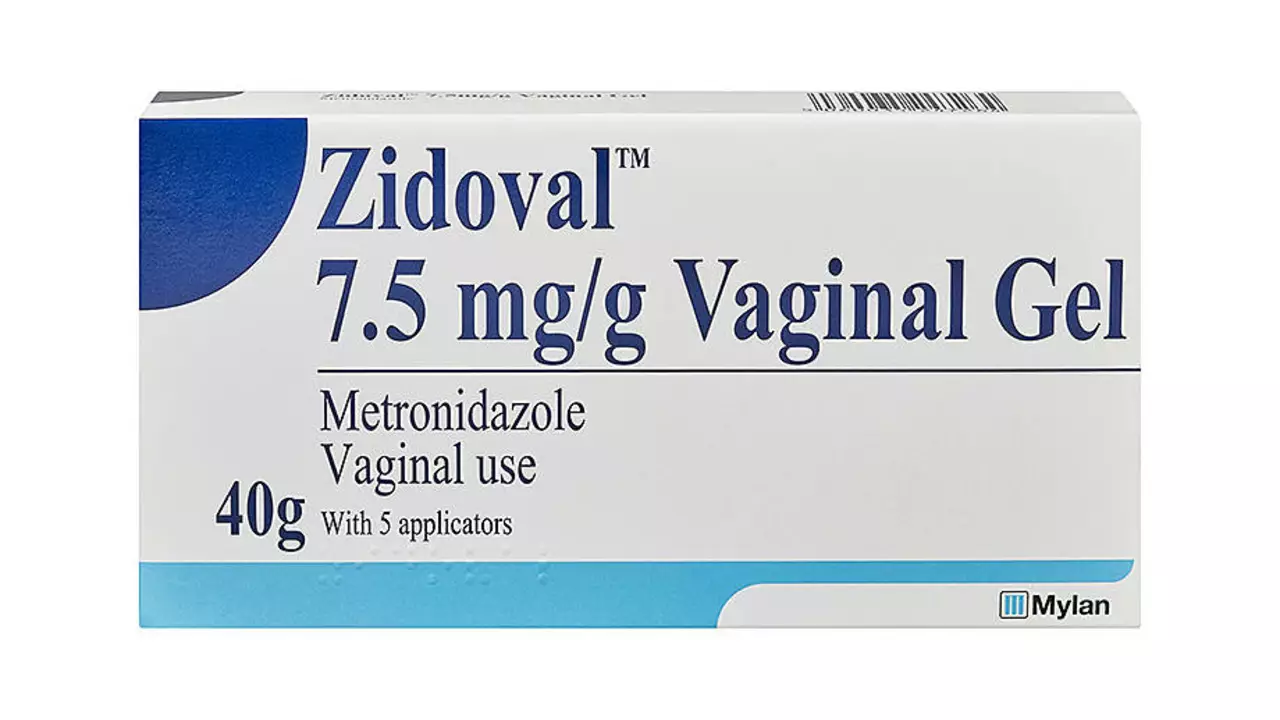Metronidazole: what it treats and how to use it safely
Metronidazole is a common antibiotic that fights anaerobic bacteria and certain parasites. You’ll see it as tablets, creams, or an IV in hospitals. People most often get it for bacterial vaginosis, trichomoniasis, giardiasis, and some dental or gut infections. It works well, but there are a few rules you should know so it helps without causing problems.
How it’s used and typical doses
Doctors pick a dose based on the infection. A few typical examples: a single 2 g dose or 500 mg twice daily for 7 days for trichomoniasis; 500 mg twice daily for 7 days for bacterial vaginosis; and 250–500 mg three times daily for 5–7 days for giardia. In hospitals, severe infections can be treated with IV metronidazole. These are common regimens, not prescriptions — follow the exact plan your clinician gives you.
Finish the full course even if you feel better after a day or two. Stopping early can let the infection come back and can lead to resistance.
Side effects, interactions, and safety tips
Most side effects are mild: nausea, an upset stomach, and a metallic taste are common. Some people notice dark urine — it looks alarming but is usually harmless. Rarely, long courses can cause numbness or tingling (peripheral neuropathy); if that happens, call your doctor right away.
One big safety rule: do not drink alcohol while taking metronidazole and avoid alcohol for 48 hours after the last dose. Mixing them can cause severe nausea, vomiting, flushing, and rapid heartbeat. Also, metronidazole can increase the effect of warfarin and other blood thinners — that raises bleeding risk, so your INR may need closer monitoring.
If you’re pregnant or breastfeeding, check with your provider. Some uses are approved in pregnancy but timing and risk differ, so don’t self-prescribe. Tell your doctor about all medicines you take, including supplements.
Missed a dose? Take it as soon as you remember unless it’s almost time for the next one. Don’t double up to catch up. Keep the medication in a cool, dry place away from kids.
Buying metronidazole online? Only use licensed pharmacies that require a prescription and have clear contact info and reviews. Scams exist — if a pharmacy sells antibiotics without a prescription or offers suspiciously low prices, steer clear.
Questions for your clinician: ask what dose they recommend, how long you’ll need it, what side effects to watch for, and whether you should avoid alcohol or other meds. With the right use, metronidazole clears many infections effectively — just follow directions and speak up if anything feels off.

